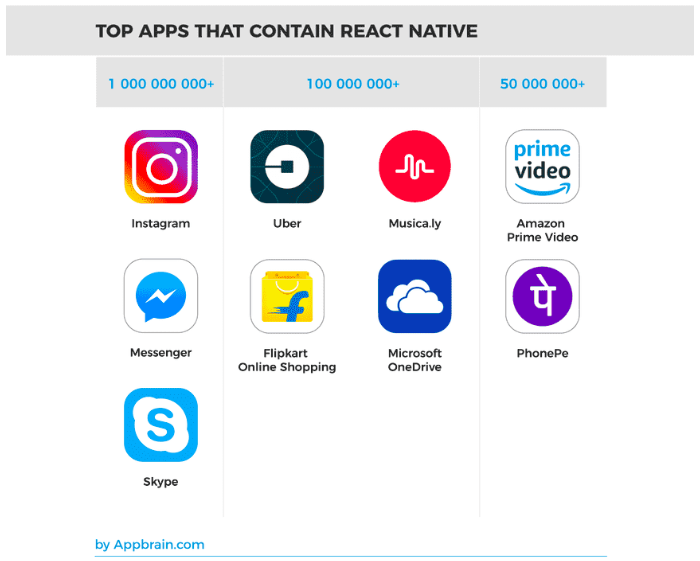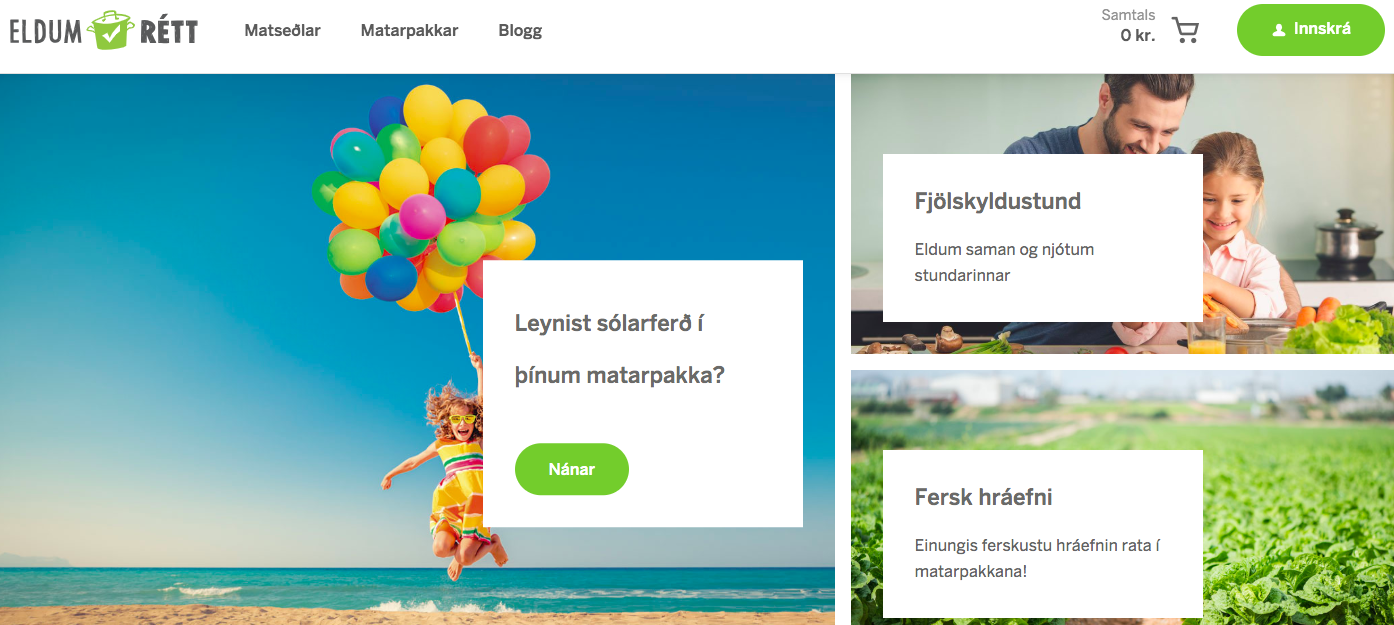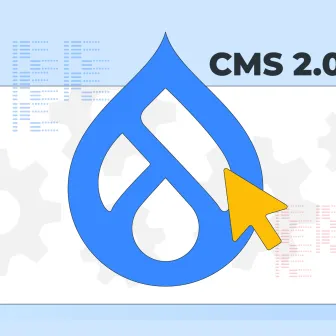According to Statista, nearly 2 billion digital buyers in 2019 have been estimated in 2019 alone. Online shopping, since it was invented by Michael Aldrich in 1979 in the form of teleshopping, has evolved into a mammoth industry. A lot has changed since the first products were sold online in the 1990s. Today, the eCommerce shift is an important, palpable movement in most economies. Digital innovation in customer experience, business models and technology has been changing digital commerce.

Remarkable eCommerce solutions propel great customer journeys. In other words, the technology you use has to deliver on the customer promise. Being a leading content management system and enabler of digital transformation, Drupal can’t be far behind. Its eCommerce solution in Drupal Commerce is built to deliver marvellous customer experience. And when another great solution called React Native is used in tandem, there is no limit to what can be achieved.
The decoupled approach with Drupal Commerce

Drupal Commerce is one of the prolific e-commerce solutions that is powering thousands and thousands of online stores of all sizes. It integrates commerce, content and community for creating engrossing web experiences. As a matter of fact, it is the only commerce platform to have been built upon an enterprise CMS which makes it an immensely content-driven solution. Moreover, being an open-source eCommerce framework, highly modular and configurable, easy to use and highly extensible, Drupal Commerce helps organisations in powering product marketing solutions to a great extent.

Decoupling Drupal Commerce can be even better for enhancing scalability and flexibility. In decoupled Drupal commerce, the frontend of your shopping experience is separated from the backend. In this, Drupal’s astounding content management capabilities are leveraged for greater flexibility in developing your commerce experience. And the fast and reactive JavaScript interfaces communicate with powerful Drupal backends through REST API.
Decoupling Drupal Commerce can be even better for enhancing scalability and flexibility
There is a plentitude of modules that can come handy in the development of your Decoupled Drupal Commerce-powered shopping platform. First up is the Drupal Commerce module that is your go-to option for building a Drupal-powered digital commerce platform. You can replace the default cart block and use Commerce Cart Flyout module for a progressively decoupled implementation. If you need to give a RESTful interface that can communicate with carts in Drupal Commerce through a lightweight public API, there’s Commerce Cart API module that helps in building fully decoupled or progressively decoupled cart experiences.
And the modules like JSON: API and JSON: API Extras can be highly useful. While JSON: API module allows you to generate API server for implementing JSON: API specification, JSON: API Extras helps in customising your API. JSON: API is now also part of the Drupal core which makes it even more quintessential asset.
To get a complete list of essential modules in decoupled Drupal ecosystem, check them out here.
React Native: An efficacious mobile app solution

React Native, a native version of the JavaScript library, helps in building native mobile applications. And the applications built using React Native are distinct in nature when compared to the apps built using Java or Objective-C.
React Native, with its top-of-the-line business value, offers new perspectives
React native allows you to iterate at lightning speed, works tremendously well on targeted platforms and streamlines the debugging process. It leverages the same fundamental UI (user interface) building blocks as the regular iOS and Android applications but the difference is that you assemble the building blocks with the help of React and JavaScript. It works well with the components written in Swift, Java or Objective-C.
Since its inception in the form of Facebook’s internal hackathon project in 2013, React Native has since become one of the most sought after frameworks. Shoutem states that the first public preview of React Native was done in 2015 at React.js Con. Later, in the same year, React Native was made an open-source framework and was available on GitHub.
Today, React Native, with its top-of-the-line business value, offers new perspectives and in various contexts for building mobile applications. Not surprisingly, top-rated mobile apps show an inclination towards React Native for a great mobile presence.

Decoupled Drupal Commerce + React Native
Think about the astronomical preeminence you can attain in your e-commerce venture when you combine the greatness of Drupal Commerce and React Native. Decoupled Drupal Commerce, when leveraged along with React Native, can work wonders.
This is exactly what Eldum Rétt, an Icelandic subscription service that delivers food boxes to private households and has been a market leader, opted for their digital commerce presence. Powered by Drupal 7 and Drupal Commerce, when the original website of Eldum Rétt was first built, the demand for more flexibility arose after a period of time which eventually called for an upgrade. A digital agency helped them move up the ladder i.e to Drupal 8 and Drupal Commerce 2 in addition to a React Native-based mobile application that can interact with the main Drupal-powered website.

Redressal of Eldum Rétt was crucial for their pursuit of exploration of new market opportunities, offering better user experience via a native application, and enabling fantastic customer engagement. A modern solution required modern tech stack. A spectacular content store like Drupal and its provision for commerce suite in the form of Drupal Commerce ensured that Eldum Rétt gets a modern e-commerce platform that could improve their digital presence. Moreover, being open source and highly extensible, Drupal made it easy to extend the features via its APIs and enable intricate functionalities. Here, Drupal acted as the main data store for all its products, user data and information on orders and expose these to mobile applications for the customers to interact with.
A flexible subscription system was created where any product declared as subscribable can be bought as a subscription. It also enables the flexible configuration of meal kits and menus. Schedules can also be easily set. Moreover, it uses smart packing algorithm and the shipping process offers the customer to choose small deliveries instead of bundle deliveries. It has an advanced notification system and also leverages OAuth for authentication purposes. Recipes include comprehensive and structured information and most of the data was migrated from the old system to the new one.
Conclusion
The combination of decoupled Drupal Commerce and React Native can be fruitful for a great digital commerce presence.
We have been offering digital innovation solution with our expertise in Drupal Commerce. Contact us at [email protected] and let us know how you want us to build a unique and innovative solution using Drupal Commerce.
Subscribe
Related Blogs
Drupal's Role as an MCP Server: A Practical Guide for Developers

"The MCP provides a universal open standard that allows AI models to access real-world data sources securely without custom…
What’s New in Drupal CMS 2.0: A Complete Overview

"Drupal CMS 2.0 marks a significant change in the construction of Drupal websites, integrating visual site building, AI…
Drupal AI Ecosystem Part 6: ECA Module & Its Integration with AI

Modern Drupal sites demand automation, consistency, and predictable workflows. With Drupal’s ECA module, these capabilities…




